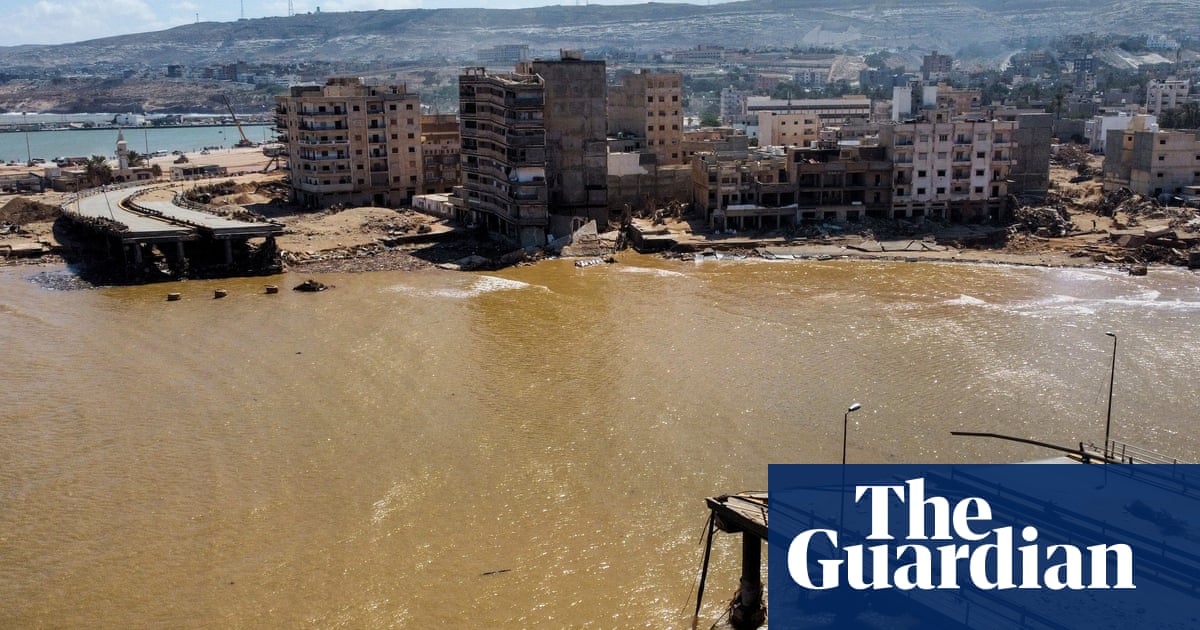It’s not an inability. It’s an unwillingness.
🤖 I’m a bot that provides automatic summaries for articles:
Click here to see the summary
As historically high temperatures continued to be registered in many parts of the world in late December, the former Nasa scientist James Hansen told the Guardian that 2023 would be remembered as the moment when failures became apparent.
Rockstrom was among the authors of the 2018 “Hothouse Earth” paper, which warned of a domino-like cascade of melting ice, warming seas and dying forests could tilt the planet into a state beyond which human efforts to reduce emissions will be increasingly futile.
The new Brazilian scientific module Criosfera 2, a solar and wind-powered laboratory that collects meteorological information, measured the lowest extent of sea ice in the region both for summer and winter.
In early July, a Chilean team on King George Island, at the northern tip of the Antarctic peninsula, registered an unprecedented event of rainfall in the middle of the austral winter when only snowfalls are expected.
Forest fires burned a record area in Canada and Europe, and killed about 100 people in Lahaina on Maui island, the deadliest wildfire in US history, which happened in August.
Raul Cordero, a climate professor at the University of Groningen and the University of Santiago, said the effects of this year’s heat were being felt across South America in the form of unprecedented water stress in Uruguay, record-breaking fires in Chile, the most severe drought in the Amazon basin in 50 years, prolonged power shortages in Ecuador caused by the lack of hydropower, and increased shipping costs along the Panama canal due to low water levels.
Saved 82% of original text.
Don’t get too lost in the dystopian side of things. It’s easy to do, and yes, all indications are that we are in dire, dire straights.
Yes, we’ve been told we’re at a turning point, many times over the last decade. A turning point from stability to anthropocentric doom. I choose to see it as a wake-up call. Scientists pointing out challenges is a sign we’re paying attention, and the growing awareness among voters, even some I’m surprised at for their reasoning to care now, shows a shift in priorities. It’s a chance to use this as momentum to push for effective policies and individual action, even if my (our) generation won’t benefit and will likely suffer. We can make it better for who comes after, though, and it’s worth a shot.
The wealthy, who disproportionately wreck the environment across the whole globe, refuse to be less destructive.
Why is the blame placed solely on wealthy individuals? While they do bear a share of the responsibility, it’s also important to consider the role of everyday citizens. The choices made by voters, such as supporting climate change deniers or prioritizing short-term economic growth over long-term environmental sustainability, play a greater role in shaping policies. It’s unreasonable to blame the system when the existing checks and balances refuse to act.
Because the wealthy have completely corrupted the checks and balances, control the media networks and manipulate the voting populace through propaganda?
Yes, but if you as an individual allow yourself to be misled and manipulated, is it entirely the manipulator’s fault? They should not lie to you of course, but the failure to question a new piece of information before you let it influence your opinions and view of the world is entirely on you.
The most logical conclusion is that we as a species have failed. A better society than the one we’ve built would not tolerate this kind of manipulation. Corrupt politicians are a symptom, not the cause.
I’m not at all what you’d call a religious person, but consider the Nine Satanic Sins: the worst sin you can commit is that of stupidity. Imagine a world where everybody lived by this!




